On Haitian Independence Day, Why I Support Building Justice in Haiti
Today, on Haitian Independence Day, it seems fitting to remember that the work for justice may take a lifetime; indeed it has taken more than two centuries. My husband, Jim, and I support this work through the Institute for Justice and Democracy in Haiti.
If you are a builder like my husband, there is no day more satisfying than the day when the ribbon is cut. All the digging, all the framing, all the assembly come together in the finished product. A foreman and a highly coordinated team make a two dimensional blueprint metamorphose into a three dimensional edifice.
When Jim and I first became engaged in Haiti, our intention was to help rebuild Haiti’s physical infrastructure decimated by the earthquake. It was not long before we realized that Haiti’s social, economic and political infrastructure needed to be rebuilt, too, as the foundation for any meaningful reconstruction. Haiti has a constitutional blueprint–but its parameters are often ignored. As in any country, civil society organizations must be strong enough to challenge the government to put principles into practice.
If the political landscape of a society is broken, if building codes are not enforced, if victims of crime have no day in court, if tyrants are not prosecuted, then no matter how many buildings are erected, the walls will fall down. No building–whether hospital, school, or home–can fully realize its purpose of serving the people, if there is no rule of law, little security, and few avenues for citizens to participate in the political process, shape their country, and improve their own lives.
IThat’s why Jim and I invest in the Institute for Justice & Democracy in Haiti (IJDH) and its sister organization the Bureau des Avocats Internationaux (BAI). These legal advocates join hands with grassroots organizations to work tirelessly on all levels–from Haitian courts to the Inter-American Commission on Human Rights to defend the rights of Haitian citizens to due process and protection from rape, eviction and false incarceration. From amassing evidence to prosecute former dictator Jean-Claude Duvalier for crimes against humanity, to mobilizing a campaign to hold the United Nations accountable for bringing cholera to Haiti–IJDH and the BAI boldly tackle the most challenging structural problems of Haitian society.
This is the kind of reconstruction that defies a timeframe and that surpasses a lifetime. It takes the dedication of a cathedral builder, as my friend Billy Shore has described, who persists year-by-year knowing he or she will never see the finished product and never celebrate a ribbon cutting. It takes the perseverance of the incomparable 17-year partners Brian Concannon of IJDH and Mario Joseph of the BAI. These men are my personal heroes who have taken great personal risks to reconfigure power and defend basic human and civil rights for all Haitians.
What good is a new hospital without the right to healthcare? What good is a new school without the right to a quality education? What good are new homes if women and children still fear for their lives? Jim and I believe that no cause and no organization are more important to the success of all our efforts in Haiti, than IJDH and the BAI.
The Institute for Justice and Democracy in Haiti and the Bureau des Avocats Internationaux are grantees of the Ansara Family Fund and the Haiti Fund at the Boston Foundation. You may scroll back through these blog posts for others about IJDH and the BAI.

